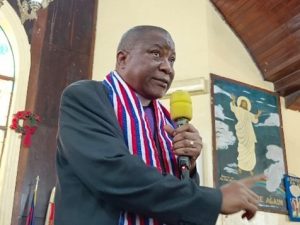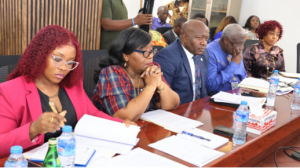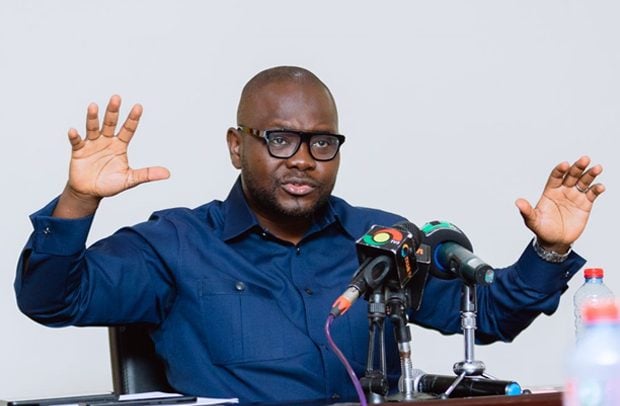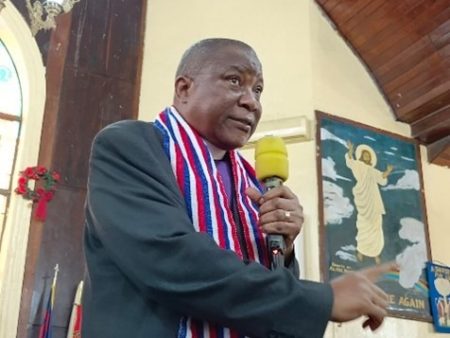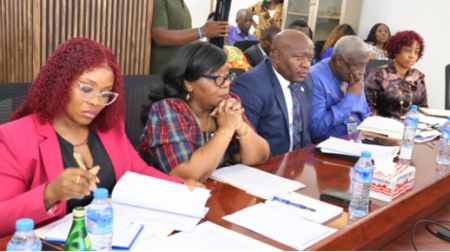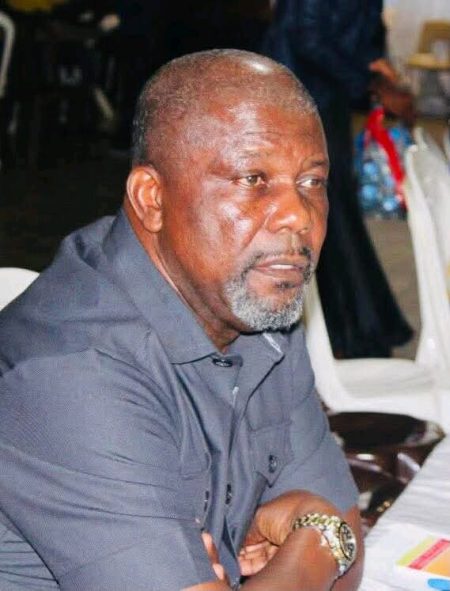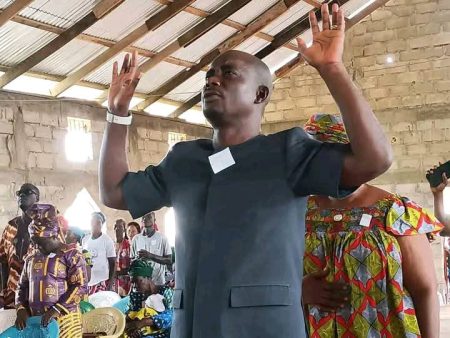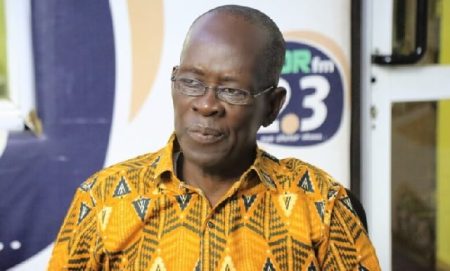Hon. Francis Asenso-Boakye, Member of Parliament for Bantama and former Minister of Roads and Highways, has issued a comprehensive rebuttal against accusations of dismissing the developmental needs of Northern Ghana during his contribution to the 2025 Mid-Year Budget debate. The allegations, which sparked controversy and fuelled partisan exchanges, stem from Asenso-Boakye’s critique of the government’s “Big Push Programme” on roads, where he questioned the regional allocation of resources and advocated for prioritizing investments in economically significant areas like Greater Accra and Ashanti, which collectively account for over 35% of Ghana’s population. He characterized the accusations as deliberate distortions intended to manipulate his statements for political gain, emphasizing his unwavering commitment to inclusive national progress and equitable infrastructure development across all regions of Ghana.
Asenso-Boakye’s core argument revolves around the strategic allocation of scarce resources to maximize national growth and attract investment. He contends that prioritizing investments in economically vibrant regions with significant populations, such as Greater Accra and Ashanti, would generate greater returns for the entire nation, ultimately benefiting all regions, including the North. He stressed that his focus was on optimizing economic strategy, not expressing regional bias. He believes that a robust national economy, driven by strategic investments in key areas, creates a positive ripple effect, providing resources and opportunities for development across the country. This approach, he argues, is not about neglecting any region, but about maximizing the overall impact of investments for collective national prosperity.
A major point of contention arose from a statement attributed to Asenso-Boakye about “driving for over 50 miles without seeing a human being.” This remark, he explained, was taken out of context and misrepresented, further fueling the accusations against him. He lamented the tendency of critics to manipulate his words for political expediency rather than engaging with the substance of his argument regarding resource allocation and development strategy. He underscored the importance of honest and mature debate, urging a shift away from partisan bickering towards fact-based discussions that prioritize national interests.
To further reinforce his commitment to nationwide development, Asenso-Boakye highlighted his track record in promoting infrastructure projects in Northern Ghana during his tenure as Minister of Roads and Highways. He cited specific initiatives he spearheaded, emphasizing his practical contributions to the region’s development. This, he argued, demonstrates his consistent support for balanced national development and contradicts the narrative being propagated by his critics. He reiterated his belief in inclusive growth, stressing that a strategically planned and executed development strategy, focusing on maximizing overall economic returns, is the most effective way to uplift all Ghanaians, regardless of their geographical location.
The controversy surrounding Asenso-Boakye’s statements underscores the broader challenges facing Ghana’s development discourse. The tendency to politicize development issues often overshadows the need for objective, evidence-based planning and resource allocation. The focus on regional disparities, while important, sometimes detracts from the broader national perspective and the need for strategic investments that generate maximum economic impact. Asenso-Boakye’s call for a more mature and informed debate resonates with the growing need for a national conversation that transcends partisan divides and prioritizes evidence-based solutions.
The ongoing budget debate, with its heated exchanges and partisan interpretations, highlights the urgent need for a more nuanced and collaborative approach to national development. Asenso-Boakye’s clarification serves as a call for greater scrutiny of political rhetoric and a focus on the underlying principles of economic development. By advocating for a more strategic and evidence-based approach to infrastructure planning and resource allocation, he hopes to contribute to a more productive national conversation that benefits all Ghanaians, regardless of their regional affiliation. His emphasis on inclusive growth, coupled with his call for reasoned debate, offers a pathway towards a more unified and prosperous future for Ghana.


